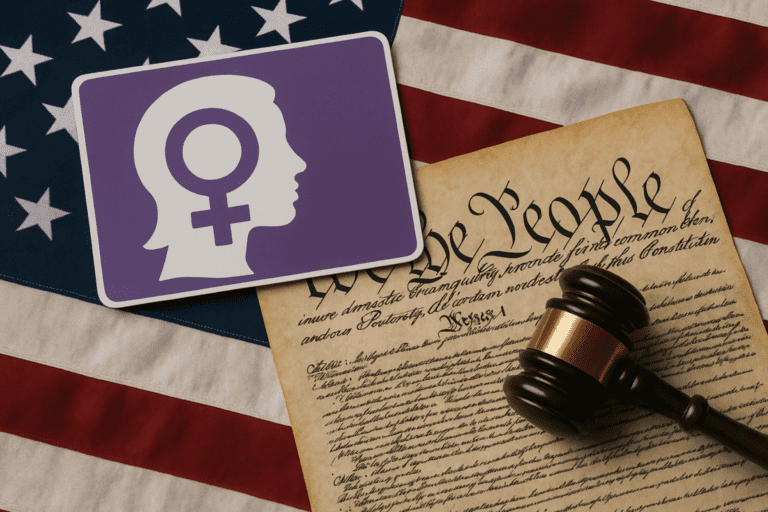In a landmark decision on March 4, 2024, France became the first country in the world to constitutionally guarantee the right to abortion, solidifying access to reproductive healthcare as a fundamental legal protection. The French National Assembly overwhelmingly approved a constitutional amendment ensuring that women can access abortion services without facing unnecessary legal barriers or restrictions. This historic move comes amid rising global concerns over shrinking reproductive rights, especially following restrictive abortion laws in countries like the United States.
Constitutional Protection for Women’s Reproductive Rights
The amendment explicitly prohibits any future law from limiting women’s access to abortion, thereby embedding reproductive freedom as a core constitutional right in France. This achievement is the culmination of years of persistent advocacy by women’s rights organizations, bolstered by strong political support from President Emmanuel Macron and his administration. Macron’s government had already taken steps to broaden abortion access through legislative reforms, and this constitutional guarantee further cements France’s commitment to protecting women’s autonomy.
A Global Milestone for Reproductive Justice
Women’s rights advocates worldwide have hailed the amendment as a monumental victory in the fight for reproductive justice. The decision sends a powerful message that women’s control over their bodies is an essential human right deserving of the highest legal safeguard. Celebrations erupted across France as activists and citizens gathered to mark this unprecedented milestone. Many see it as a symbol of hope and empowerment amid growing global backlash against abortion access.
Opposition from Conservative and Religious Groups
Despite widespread acclaim, the amendment has sparked significant opposition from conservative factions, particularly religious organizations. The French Catholic Church vocally condemned the constitutional change, framing it as a threat to traditional family values and the sanctity of life. Conservative groups have pushed back against the decision, igniting heated debates over the nation’s moral and ethical directions.
Nonetheless, the French government has stood firm, reiterating that safeguarding abortion rights is vital for gender equality, personal freedom, and public health. Officials maintain that enshrining these protections constitutionally is essential to prevent future rollbacks and ensure the wellbeing of women for generations to come.
Implications Beyond France’s Borders
France’s constitutional guarantee carries significance beyond its borders, offering a potent counter-narrative to rising restrictions on abortion in countries like the United States, Poland, and Hungary. The move may inspire other nations to pursue similar constitutional protections, especially as global activists intensify efforts to secure reproductive rights worldwide.
In the broader context of an increasingly polarized global landscape on reproductive issues, France’s action underscores the urgent need to defend women’s bodily autonomy against mounting conservative and anti-abortion pressures. This historic step affirms the ongoing struggle for reproductive justice and highlights the importance of enshrining these rights at the highest legal levels.
By becoming the first country to constitutionally protect abortion access, France not only secures a vital victory for women within its own borders but also sets a powerful precedent for advancing reproductive rights around the world.


